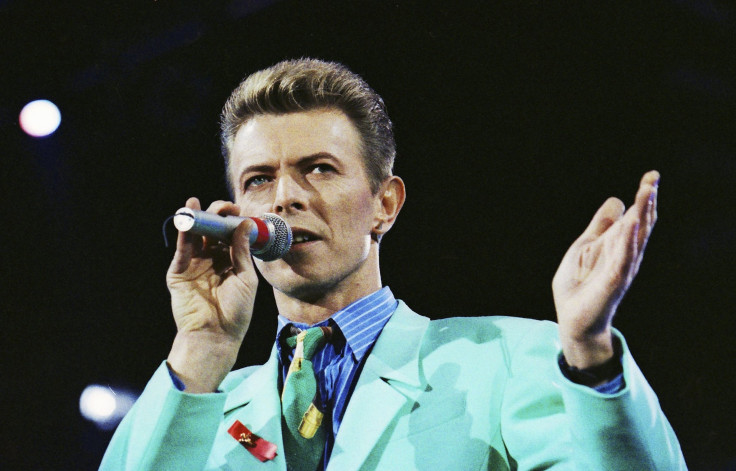David Bowie’s Music Held Up Better Than His Bonds

Musician and actor David Bowie, who died at the age of 69 Sunday, introduced indelible changes to music, fashion, pop culture — and finance. The man who sold the world also sold, for the first time, what came to be known as Bowie Bonds, a novel financial instrument that promised investors a share of future songwriting royalties.
It proved a solid business decision, for Bowie, at least.
The promise of cashing in on Bowie’s music made sense in 1997, when CD sales were approaching their all-time peak and Bowie’s legacy was assured. With the help of banker David Pullman, Bowie sold Prudential Insurance $55 million in bonds. Future returns on the bonds were to be derived from payouts on songs Bowie wrote before 1990, which included massive hits such as “Rebel, Rebel” and “Space Oddity.”
Prudential called it a “very good deal, offering a superior return compared to the risk,” marketing the bonds to investors eager for returns that began 1.5 percent above those of U.S. Treasury securities.
Within two years, however, the bonds’ originators and distributors had launched a tangle of lawsuits and recriminations over the terms of the deal. But Pullman’s legal disputes didn’t stop other musicians from issuing similar bonds. From James Brown to the Isley Brothers, artists took advantage of the opportunity to trade royalties in the future for cash in the present. For those who did so before the digital music revolution took hold, it was likely a solid bet.
But in recent years not all has been hunky-dory with Bowie Bonds. The rise of online streaming music in the 2000s decimated artists’ royalties and rendered the original Bowie Bonds unprofitable. In 2012, investors balked at a Goldman Sachs effort to securitize the royalties of Bob Dylan and Neil Diamond, among other artists.
Bowie may have known it was coming. He described the “absolute transformation of everything that we ever thought about music” in a 2002 interview. “Music itself is going to become like running water or electricity,” he said. “So it’s like, just take advantage of these last few years because none of this is ever going to happen again.”
As the recording industry continues to reckon with seismic technological shifts, it’s unclear whether Bowie Bonds will have much of a future. But fans mourning Bowie’s passing can rest assured his musical offerings have matured better than investments in his name — and that he made out nicely from both.
© Copyright IBTimes 2025. All rights reserved.






















